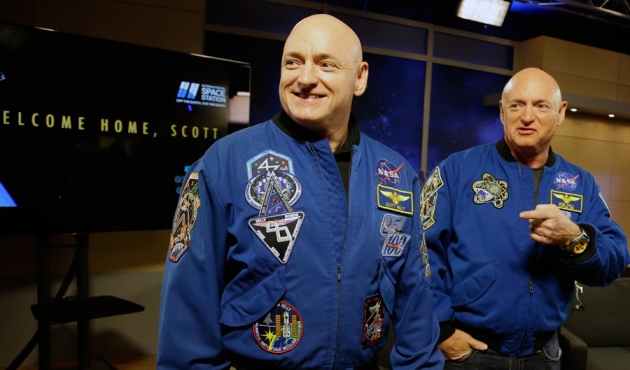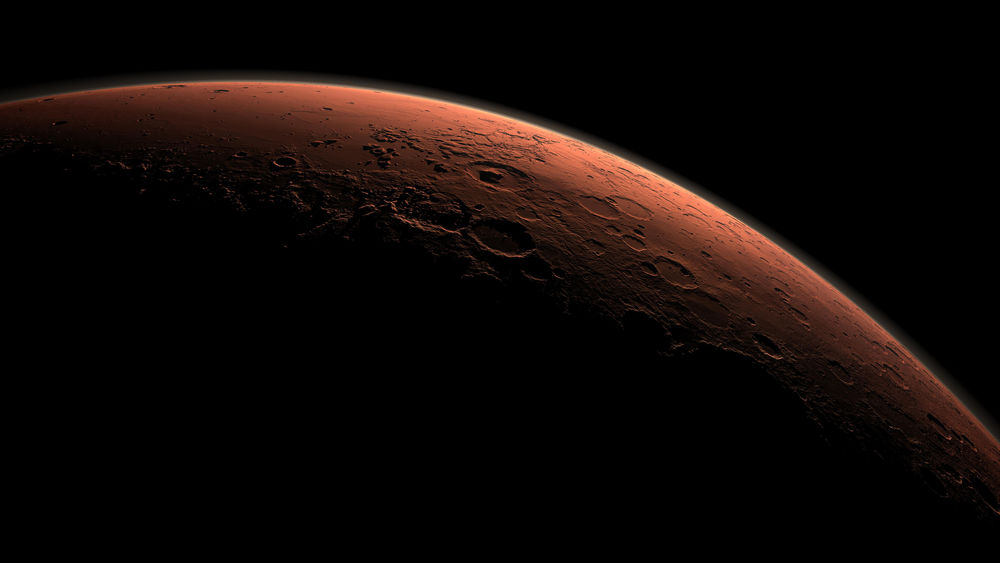NASA’s Study Reveals Prolonged Time In Space May Noticeably Change Human Biology
A couple of years ago NASA started its twin study, in which the agency choose two twin brothers, Scott and Mark Kelly, both of them astronauts, with Scott traveling to the ISS (International Space Station) on a year-long mission. The study measured different biological markers on both brothers before, during, and after Scott’s space mission. The results are stunning.

Early findings of the study direct to the conclusion that prolonged time spent in space can noticeably alter human biology, especially genes. Scott was on board the ISS for 340 consecutive days, with his total time spent in space being 520 days. His brother is also an astronaut, but Mark spent just 54 days in space in total.
After Scott’s return, the scientists were able to make final measurements and come up with the initial results. The report got published in Nature. Geneticist Christopher Mason from Weill Cornell Medicine who did the measurements stated that “[A]lmost everyone is reporting that we see differences,” and that the data is still incomplete because they still haven’t finished sequencing it.
Data includes everything from chromosome alterations, to the changes in gut biome of the two brothers. Results show that Scott’s telomeres (the protective caps on each DNA strand) were longer than Mark’s upon Scott’s return to Earth. After a while, though, Scott’s telomeres returned to their normal length, but scientist doesn’t know and are trying to find out, what caused telomeres to grow in length.
Scott’s DNA experienced less methylation, a process when chemical markers are added to DNA for affecting gene expression. On the other hand, Mark’s DNA experienced an increase in methylation during the year his brother was in space, another result that confuses scientists.
Changes in genetic expression were noticed between the twins. These changes are normal to happen in humans, but were more pronounced in Scott, probably because of his living habits during his stay on the ISS such as consuming freeze-dried foods, sleeping while afloat in space, and other stresses the human body experiences while spending a long time in space.
The study is very important since it could show how the future astronauts, who could travel to Mars, could be affected by spending long times in space. The first peer-reviewed study from the experiment will take some time. NASA stated earlier that the final study results may not come until 2018.

NASA is preparing for a mission to Mars not only by conducting the twin study but also by researching how a long isolation can affect humans. The agency made an isolated dome on Mauna Loa volcano on Hawaii’s Big Island and sent a team of six scientists there. They should spend eight months in total living inside the dome, simulating an isolated Mars surface. They even have a 20-minute communication delay, like it would happen on Mars. After the experiment ends, the scientists will be tested in order to look how a long isolation can affect the human body.
The post NASA’s Study Reveals Prolonged Time In Space May Noticeably Change Human Biology appeared first on MobiPicker.
(51)